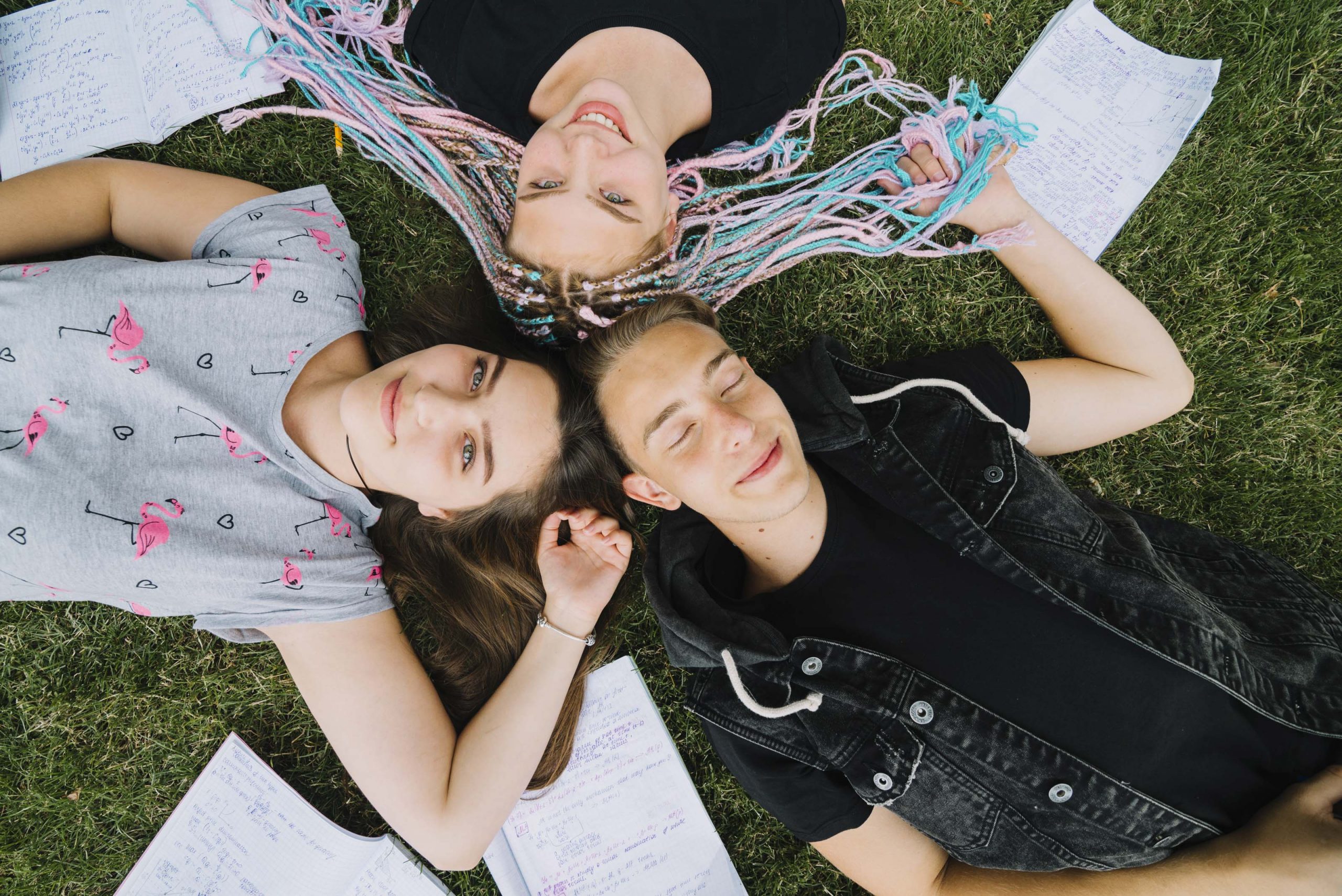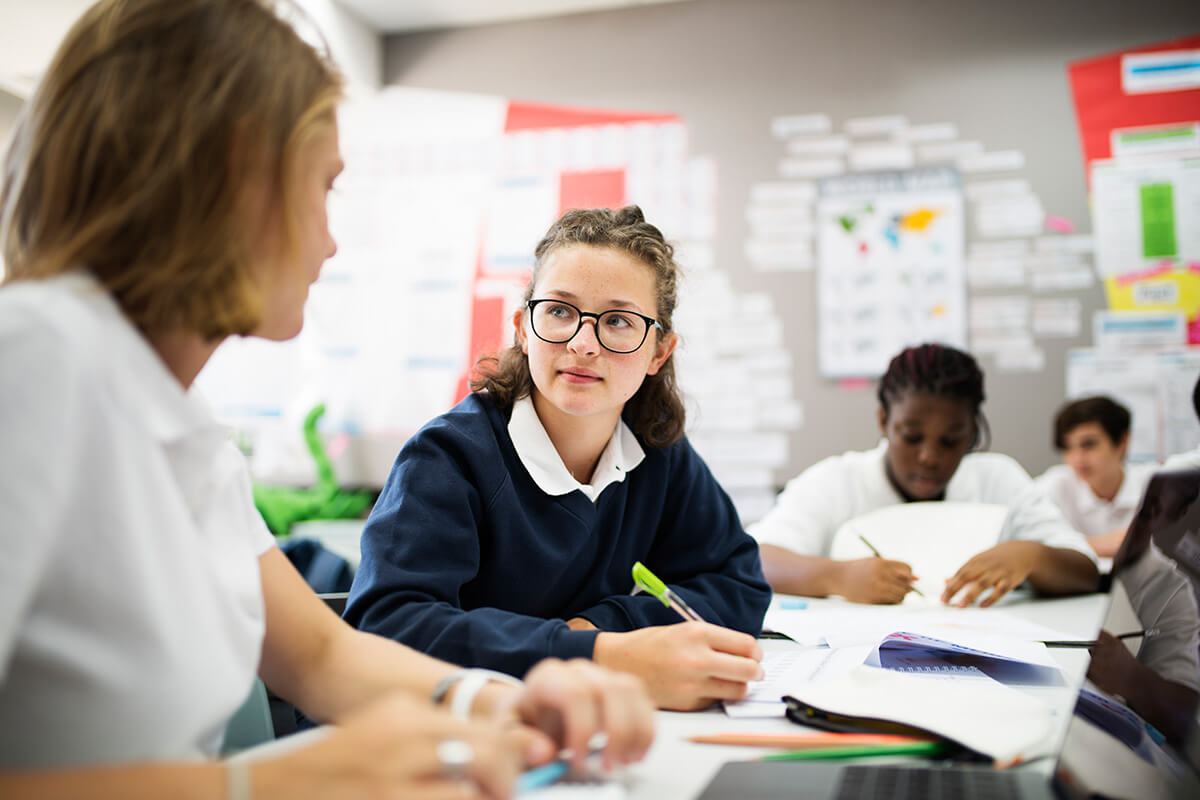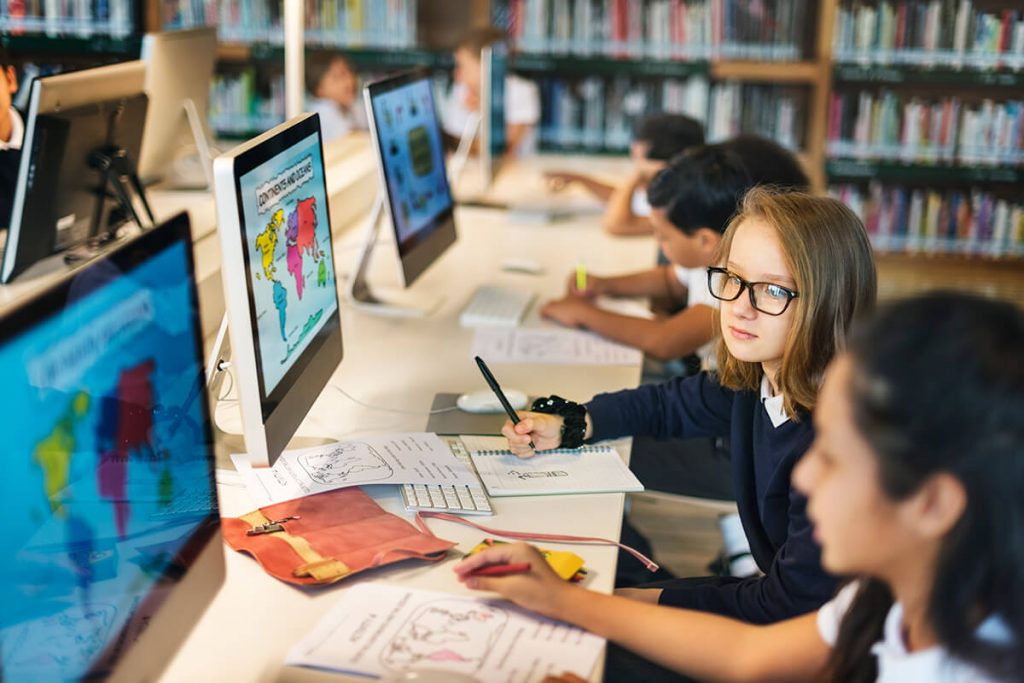Erasmus +
About the Project
Promote the development of stress-related coping skills in adolescents throughout a gamified 3D Virtual World Learning Environment (VWLE)

. What is the POSITIVE project?
Nowadays, children’s and youths in scholar ages are facing situations that may contribute for the increasing levels of stress and anxiety, such as prepare and taking exams, being involved in social activities at school and/or at workgroups, and others. THE POSITIVE project aims to promote the development of stress-related coping skills in adolescents throughout a gamified 3D Virtual World Learning Environment (VWLE). Gamified environments take advantage of familiar dynamics and settings for everyday digital savvy students, by offering them important information in an interesting, fun, and challenging fashion, capitalizing on their established gaming habits. It is expected that, by completing activities proposed at the virtual world, each student could increase his/her knowledge about strategies that could be used to reduce stress levels in real life, in similar situations. More than involving students at virtual learning activities associated with scholar situations (academic and/or social) that generally induce stress, some scenarios in the virtual environment will even promote relaxation activities to reduce stress levels. Students will thus have opportunities to increase their awareness of the situations that cause them more stress and anxiety in the school context, promoting their training to deal adequately with these situations and increase their educational success and psychological well-being.

Why is this project relevant?
Worldwide, it is recognized that mental health literacy is pivotal for mental health promotion, prevention, and care, facilitating positive attitudes and increased knowledge about mental health, and contributing to the use of adequate strategies to cope with challenging situations (e.g., Miller et al., 2019; Patafio et al., 2021; Wei & Kutcher, 2018). In school contexts, students face various academic and social situations that can increase their stress and anxiety. Thus, providing opportunities to improve young people’s stress-related coping abilities during this highly stressful, crucial period of development can be pivotal for positive school outcomes.
POSITIVE project goals
The POSITIVE project aims to strengthen schools and adolescents ability to cope with academic and social activities that induce stress in educational contexts by

(i)
Identify specific stress sources and activities related to school stress that students and schools would most likely like to encounter in a 3D Virtual World Learning Environment (VWLE).
(ii)
Design and develop a 3D Virtual World Learning Environment (VWLE), based on students and educational contexts needs, and including:
- tools that are familiar and engaging to students (gamified mechanics);
- cooperative play;
- social interactions.
(iii)
Analyze the feasibility and usability of the 3D VWLE.
(iv)
Analyze the efficacy of the 3D VWLE in fostering:
- adolescents knowledge about strategies that can be used to reduce stress and anxiety levels in real life;
- adolescents awareness of the situations that cause them the most stress and anxiety in school contexts;
- adolescents use of strategies that reduce stress and anxiety related symptoms associated with school activities (both academic and social);
- adolescents help seek behaviors;
- adolescents educational success and psychological wellbeing;
- parents and siblings (family) wellbeing;
- teachers (school) wellbeing.
Project Result 1 Students' Needs, Game scenarios, Educational material
Characterization of students and schools needs regarding stress related situations in 4 European countries; Psychoeducational material scripts;
Project Result 2 Development of the 3D Virtual World
Game scenarios that can be played by students,
Project Result 3 Implementation, Survey Results, Documentation
Data about the feasibility of the material; Usability data and efficacy of the game in fostering students, school and families knowledge about coping strategies for dealing with stress, and wellbeing related outcomes.

The European Commission’s support for the production of this publication does not constitute an endorsement of the contents, which reflect the views only of the authors, and the Commission cannot be held responsible for any use which may be made of the information contained therein.
